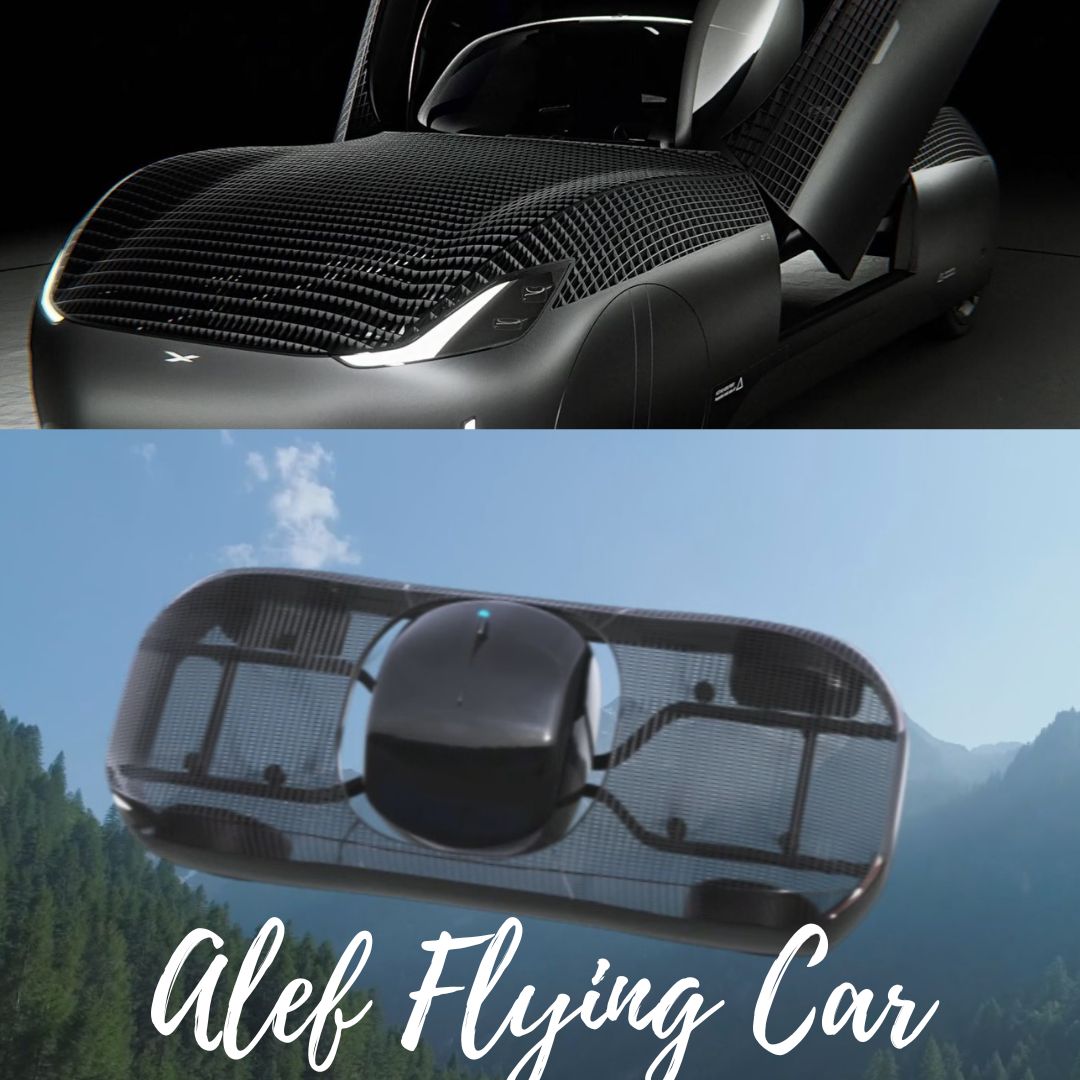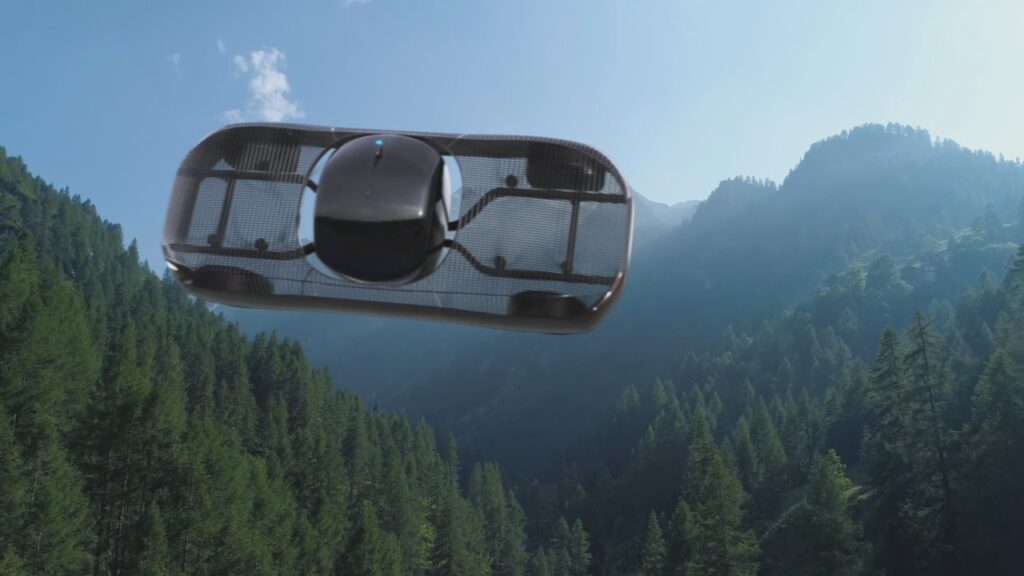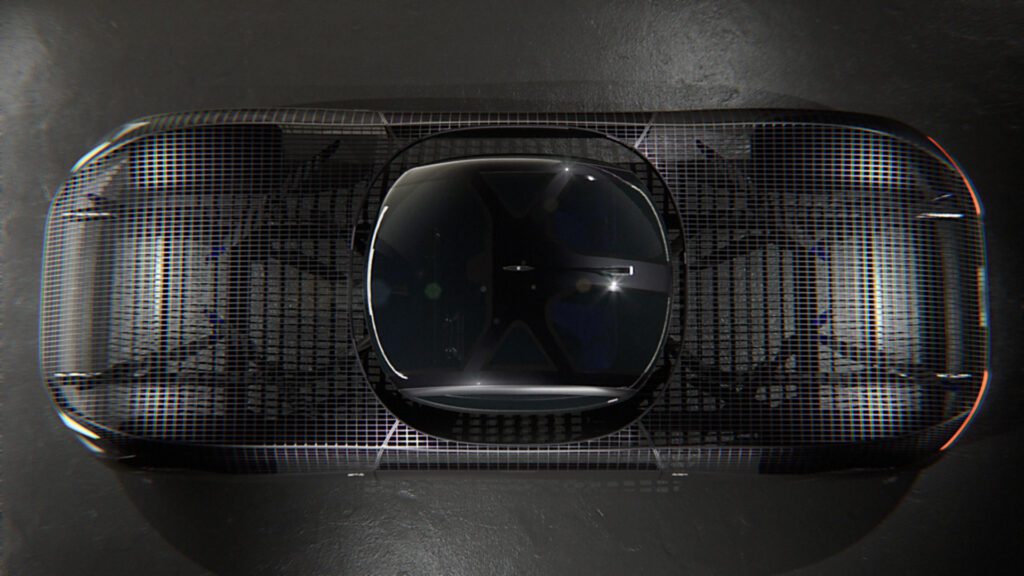
Alef Flying Car
Alef Flying Car – New Car That Can Drive On The Road. Permission has been granted to conduct tests on a hybrid vehicle that has the capability to both fly in the air and drive on the ground. Alef has been authorized to commence flight trials of its electric flying car called the “Model A.”
The concept of owning a flying car, often depicted in futuristic science fiction movies like Blade Runner and Total Recall, is potentially becoming a reality in the present day, assuming you have the means to afford the hefty $300,000 price tag.
Recently, Alef, a startup based in San Mateo, California, made an announcement on Tuesday stating that their Model A flying car had received approval from the Federal Aviation Authority (FAA), making it the first vehicle of its kind to be authorized for use in the United States.
Unlike the iconic wings of The Man With The Golden Gun or the rotating rockets seen in Back to the Future, this aeronautical automobile does not feature such extravagant designs. So, how does it achieve takeoff?
During a video presentation in October of the previous year, Alef CEO Jim Dukhovny, a software engineering professional, shared details about the company’s flying car. He mentioned that Alef had been conducting flights since 2018 and that the vehicle had a range of 110 miles. Dukhovny playfully teased the audience, stating that the reason flying cars don’t exist today is because it was previously considered impossible due to the laws of physics. He explained that generating lift requires higher air pressure under the wing compared to the air pressure above it, which necessitates a substantial wing area. This principle is employed by modern airplanes with their large wings that generate lift through air pressure differentials.
However, Dukhovny acknowledged the challenges of designing a flying car that is both aerodynamically efficient and compact enough to fit in a driveway. Extending wings several meters on each side of the vehicle would be impractical for road travel. He also highlighted that cars, with their airflow-disrupting shapes, are poorly suited for flight compared to airplanes.
While most modern cars prioritize aerodynamic bodywork, research indicates that the average wedge-shaped car has a drag coefficient (a measure of friction resistance relative to velocity) between 0.3 and 0.4. In contrast, a Boeing 747 has a drag coefficient of 0.024.
Dukhovny proudly declared that Alef had achieved the seemingly impossible without violating the laws of physics; they had instead found a way to deceive them. A computer-generated animation showcased the flying car’s design, featuring eight rotating blades beneath its permeable bodywork for vertical takeoff. Once in the air, the entire car would rotate sideways, allowing the blades to propel it forward, while the passenger seat would also adjust to maintain an upright position during flight.
Dukhovny described the car as a “biplane” or a circular wing, with a specific body-wing geometry designed to minimize resistance and enable flight. He expressed hope that the car would eventually be used for longer-range flights, but its vertical takeoff and landing capabilities would enable it to “hop” over congested areas caused by traffic or accidents.

In an official statement announcing the acquisition of a Special Airworthiness Certification, Dukhovny expressed Alef’s commitment to providing people with an environmentally friendly and faster commuting option. Drawing inspiration from Neil Armstrong, he concluded, “This is one small step for planes, one giant step for cars.”
Alef mentioned that they had received significant pre-order interest, despite the vehicle’s price being comparable to a Bentley Continental GT. However, specific figures regarding the number of pre-orders or the required sales to cover development costs were not disclosed.
On Monday, Newsweek reached out to Alef for further comment via email. In response, the company acknowledged that the FAA certification placed certain limitations on the locations and purposes for which the Alef vehicle is permitted to fly. Special Airworthiness Certification can impose various restrictions, including limitations on specific tasks such as aerial surveillance, advertising, and usage for experimental purposes.
An FAA spokesperson informed Newsweek that the Model A had received certification on June 12, but clarified that it was granted for limited purposes, including exhibition, research, and development. The spokesperson also stated that the Alef vehicle was not the first of its kind to receive a Special Airworthiness Certificate from the FAA.
Alef specified that the Model A would be fully electric and have a maximum capacity of two occupants. In a December interview with CNBC, Dukhovny expressed his anticipation that consumers would be flying the cars by 2025.
Source: Newsweek

FAA Approval for Alef Flying Car
The FAA has confirmed the issuance of a special airworthiness certificate to Alef, permitting the company to utilize it for limited purposes such as exhibition, research, and development. The FAA noted that Alef is not the first company to receive such certification for an aircraft of its kind. However, Alef emphasizes that their vehicle stands apart due to its unique ability to function both on roads and in the air, resembling a regular car and capable of parking in standard parking spaces. The company’s website states that the flying car will be certified as a “low speed vehicle,” with a maximum speed of approximately 25 miles per hour on paved roads. Alef suggests that if a driver requires a faster route, they can utilize the car’s flight capabilities.
However, Alef still requires approval from the National Highway Traffic Safety Administration (NHTSA) to operate the vehicle on roads.
Development of the vehicle began in 2015, initiated by four friends—Constantine Kisly, Pavel Markin, Oleg Petrov, and Jim Dukhovny—who were inspired by the futuristic concept of flying cars depicted in the “Back to the Future” movies, which envisioned such vehicles being available by that year.
According to Alef, an initial automated test flight of a rudimentary version of the car was successfully conducted in 2018, followed by a full-scale prototype flight the following year. However, the company stated that obtaining the FAA’s special airworthiness certificate was crucial to continuing their research and development efforts.
Alef also announced earlier this year that they had received over 400 refundable pre-orders for the vehicles, with prices set at $150 to join the general queue or $1,500 for the priority queue.

Source: CNN
eVTOL – Archer Aviation hope to deliver 250 Sensational air taxis





